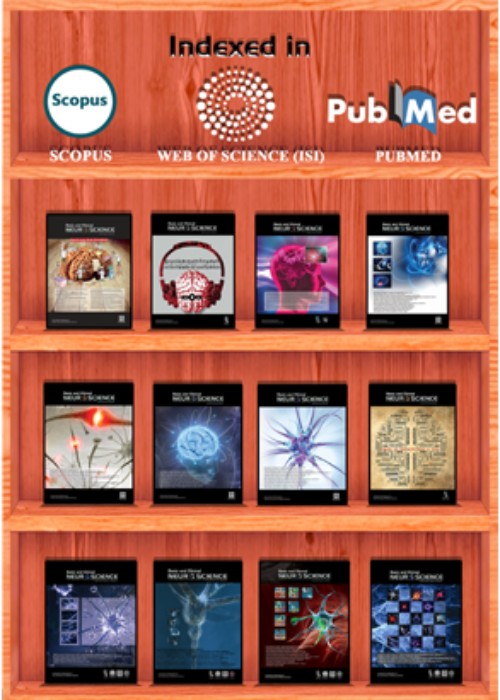Cognitive-Behavioral Therapy Versus Transcranial Direct Current Stimulation for Augmenting Selective Serotonin Reuptake Inhibitors in Obsessive-Compulsive Disorder Patients
Obsessive-Compulsive Disorder (OCD) belongs to the categories of psychiatric disorders with the potential to turn into a chronic condition without receiving the necessary treatments. The main feature of OCD is the frequent or intense obsession and compulsion that might induce great pain and suffering in patients. Moreover, as one of the most prevalent abnormalities, depression usually follows OCD. The present study aimed to compare the effects of Exposure and Response Prevention (ERP) and Transcranial Direct Current Stimulation (tDCS) treatments adjunct to pharmacotherapy on decreasing the severity of obsession-depression symptoms and improving the quality of life in OCD patients.
This was a quasi-experimental study with a pre-test, post-test design and a follow-up stage. The statistical population comprised all the patients diagnosed with OCD in Zanjan Province, Iran. Besides, 26 OCD patients referring to Shahid Beheshti Medical Center in Zanjan were selected using a purposive sampling method. Then, they were randomly assigned to two treatment groups. The study subjects completed the Yale Brown Obsessive-Compulsive Scale (Y-BOCS), Beck Depression Inventory-II (BDI 2), and the Quality of Life Questionnaire at the pre-treatment, post-treatment, and follow-up stages (1 month and 2 months after the treatment). Analysis of Covariance (ANCOVA) and Reliable Change Index (RCI) methods were used to measure statistical and clinical significances, respectively. The collected data were analyzed using SPSS.
The obtained data suggested no significant difference between the ERP and tDCS groups concerning the symptoms of OCD and depression at the post-test stage (P>0.05). Conversely, in terms of life quality, there was a significant difference between the ERP and tDCS groups at the post-test phase (P<0.05).
Although the present findings revealed no statistically significant difference between the ERP and tDCS groups (except for the quality of life variable), the pharmacotherapy-ERP combination proved to be more effective than pharmaco therapy- tDCS in treating OCD patients.
- حق عضویت دریافتی صرف حمایت از نشریات عضو و نگهداری، تکمیل و توسعه مگیران میشود.
- پرداخت حق اشتراک و دانلود مقالات اجازه بازنشر آن در سایر رسانههای چاپی و دیجیتال را به کاربر نمیدهد.


